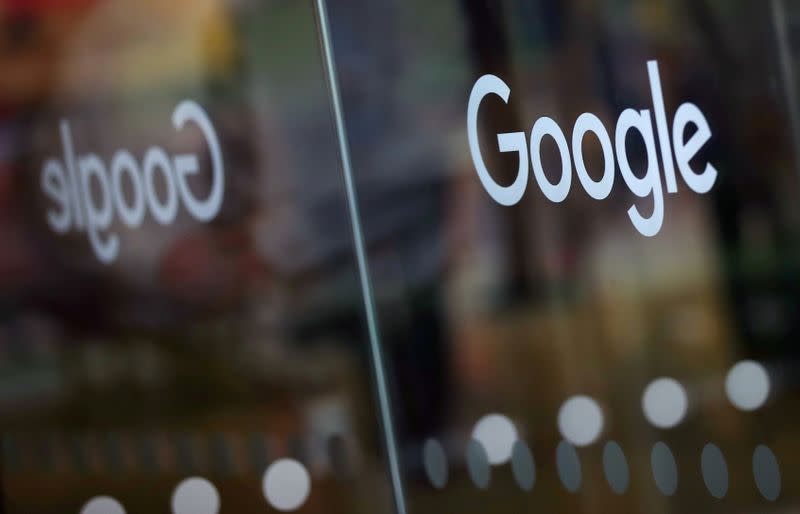Google sees resurgence in state-backed hacking, phishing related to COVID-19

(Reuters) - Security experts at Alphabet Inc's Google sent 1,755 warnings in April to users whose accounts were targets of government-backed attackers, following a resurgence in hacking and phishing attempts related to the coronavirus outbreak.
Google said on Wednesday its Threat Analysis Group saw new activity from "hack-for-hire" firms, many based in India, that have been creating Gmail accounts spoofing the World Health Organization (WHO).
These accounts largely targeted business leaders in financial services, consulting and healthcare corporations in numerous countries including the United States, Slovenia, Canada, India, Bahrain, Cyprus and UK, the company said in a blog post. (https://bit.ly/2M2k9UA)
Google said it continued to see attacks from hackers on medical and healthcare professionals, including WHO employees.
WHO and other organizations, at the center of a global effort to contain the coronavirus, have come under a sustained digital bombardment by hackers seeking information about the outbreak.
"Since March, we've removed more than a thousand YouTube channels that we believe to be part of a large campaign and that were behaving in a coordinated manner", the blog post added.
(Reporting by Anurag Maan and Kanishka Singh in Bengaluru; Editing by Shounak Dasgupta)

 Yahoo Finance
Yahoo Finance 